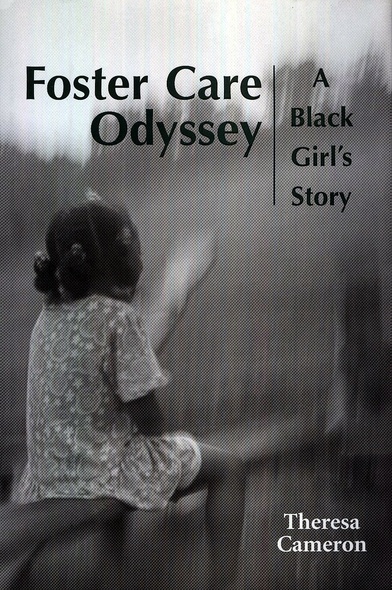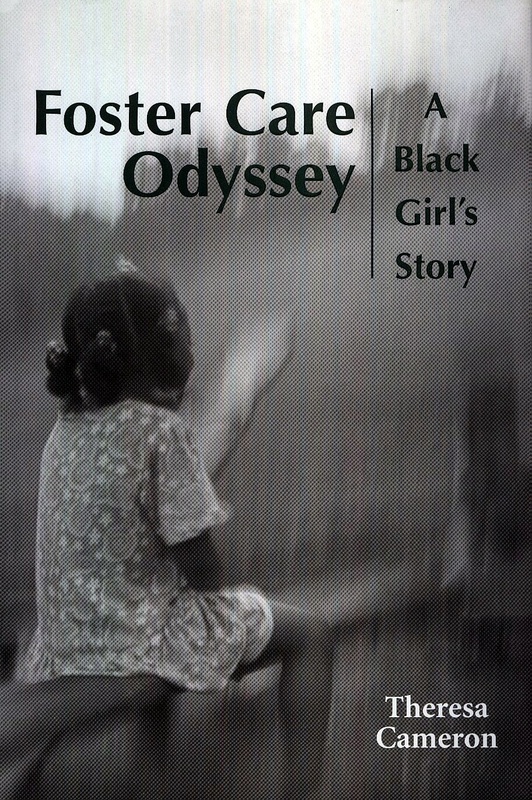Foster Care Odyssey
A Black Girl's Story
Without signing the documents that would permit adoption, young Theresa Cameron’s mother placed her little daughter under the aegis of Catholic Charities, and then the mother vanished forever.
During the 1960s and 1970s this abandoned, unadoptable child was shuttled through foster homes in the vicinity of Buffalo, N.Y. Insecure, desolate, and frightened, she was rotated through group homes and the houses of alien families, the victim of religious hypocrisy, racial prejudice, and insult.
Theresa remained in this bleak, shame-imposing limbo until she was eighteen. Foster Care Odyssey is her candid story.
“What little I owned,” she writes, “could have fit inside my usual moving-day luggage—a couple of shopping bags. Besides my clothing, I only had a few school supplies. Like the other girls at the group home, I attached very little sentimental value to the items I owned. The only thing of value that could not be taken away from me were my thoughts.”
Theresa places her narrative against the backdrop of the civil rights movement in blue-collar Buffalo, where mixed-race foster homes were almost unknown and where she witnessed a welfare system that accorded only marginal benevolence to children, particularly black children caught in the squeeze of bureaucratic machinery.
As she passed through her turbulent teenage years, she acquired both a strong will and a tough veneer to shield herself from the many hurts in a restrictive world infused with racism and institutional segregation.
Her coming-of-age narrative voices plainspoken criticism of the pernicious system which engulfed her and other helpless abandoned children.
Left as an infant with Catholic Charities in 1950s Buffalo, New York, Theresa Cameron was doomed to spend her childhood in foster homes because her mother never signed the final adoption papers. ‘Very little has been written to convey what children experience and how they feel living among strangers,’ notes Cameron, now a Harvard-trained urban planner and designer, in her introduction to Foster Care Odyssey: A Black Girl’s Story and even less about that of Black children. Her ability to clearheadedly evaluate the morass of negative feelings without lapsing into sentimentality is one of the most affecting aspects of this memoir, which covers nineteen years in foster care.
Theresa Cameron is associate professor of planning in the College of Architecture and Environmental Design at Arizona State University. She has been published in the Journal of Health and Social Policy, Policy Studies Journal, and Landscape and Urban Planning.





